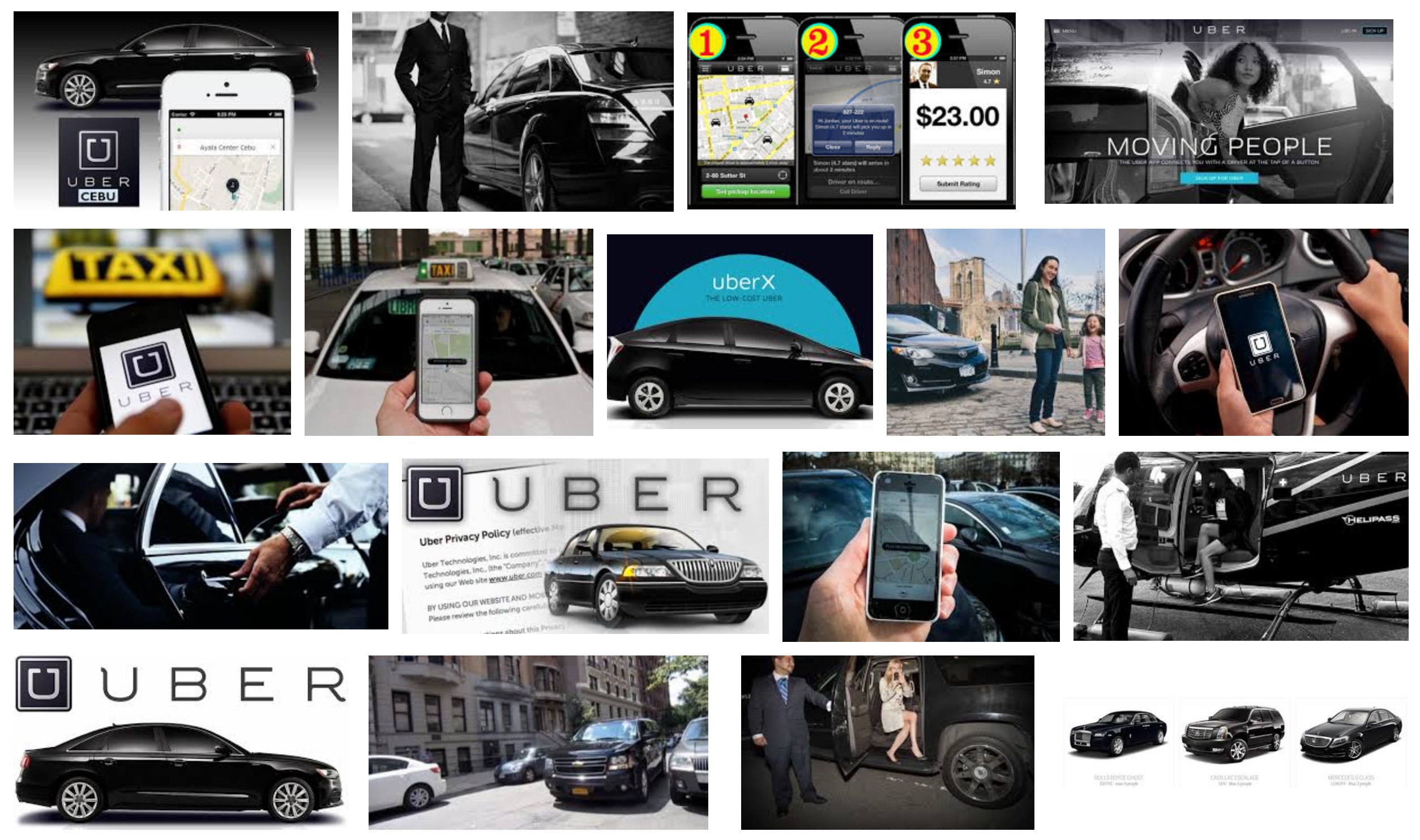
There’s an Uber for pet-sitters (Rover). There’s an Uber for dog walkers (Wag). There’s an Uber for private jets (JetMe). There are several Ubers for alcohol (Minibar, Saucey, Drizly, Thirstie). In fact, enter the keywords “Uber for…” into Google and the search engine will return “Uber for kids, Uber for icecream, Uber for news, Uber for seniors, Uber for trucks, Uber for haircuts, Uber for iPads (?), Uber for food, Uber for undertakers (??)…” and thousands of other results.
The list of Uber-like copycats, startups and ideas is seemingly endless — a sign, without doubt, that we have indeed reached peak-Uber. Perhaps VCs in the valley should move on to some more meaningful investments, before the Uber bubble bursts.
From Wired:
“Uber for X” has been the headline of more than four hundred news articles. Thousands of would-be entrepreneurs used the phrase to describe their companies in their pitch decks. On one site alone—AngelList, where startups can court angel investors and employees—526 companies included “Uber for” in their listings. As a judge for various emerging technology startup competitions, I saw “Uber for” so many times that at some point, I developed perceptual blindness.
Nearly all the organizations I advised at that time wanted to know about the “Uber for” of their respective industries. A university wanted to develop an “Uber for tutoring”; a government agency was hoping to solve an impending transit issue with an “Uber for parking.” I knew that “Uber for” had reached critical mass when one large media organization, in need of a sustainable profit center, pitched me their “Uber for news strategy.”
“We’re going to be the Uber for news,” the news exec told me. Confused, I asked what, exactly, he meant by that.
“Three years from now, we’ll have an on-demand news platform for Millennials. They tap a button on their phones and they get the news delivered right to them, wherever they are,” the editor said enthusiastically. “This is the future of news!”
“Is it an app?” I asked, trying to understand.
“Maybe. The point is that you get the news right away, when you want it, wherever you are,” the exec said.
“So you mean an app,” I pressed. “Yes!” he said. “But more like Uber.”
The mass “Uber for X” excitement is a good example of what happens when we don’t stop to investigate a trend, asking difficult questions and challenging our cherished beliefs. We need to first understand what, exactly, Uber is and what led to entrepreneurs coining that catchphrase.
Read the entire story here.
Image courtesy of Google Search.
